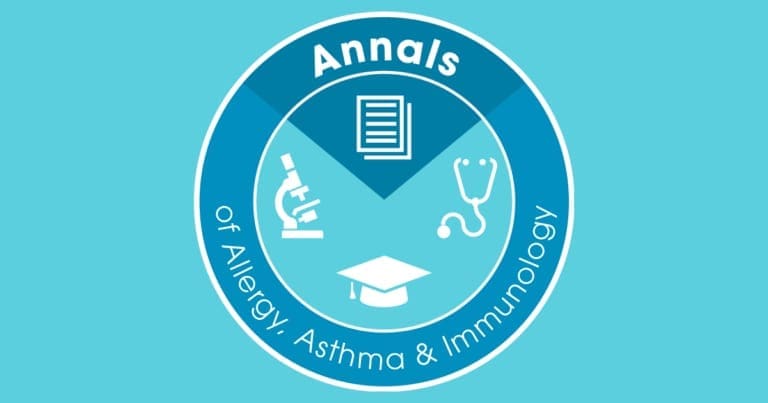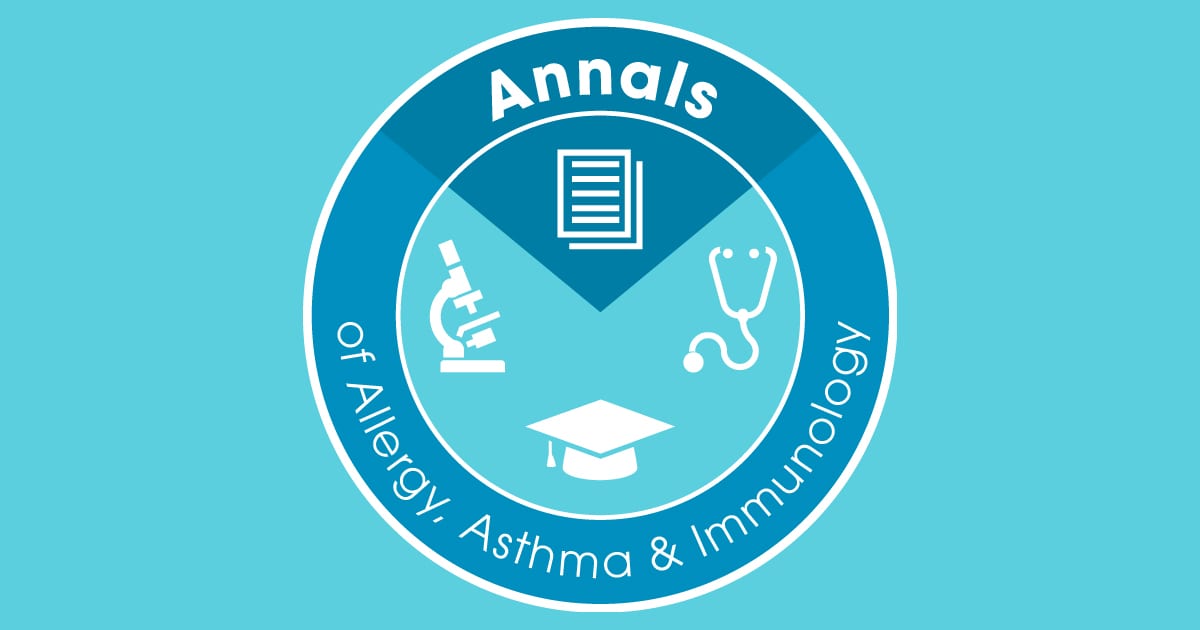The holidays are upon us, and as you are buying, wrapping, and giving gifts, take a moment to read this month’s Annals of Allergy, Asthma & Immunology. The focus this month is respiratory viral infections and asthma, which is very timely given the recent spike in respiratory syncytial virus and influenza. One perspective this month explores how you can choose to use an antibiotic in the treatment of wheezing children, while another perspective explores the potential role of mast cells in the etiology of asthma exacerbations. Reviews in this issue focus on how the anti-rhinovirus immune response can drive Th2 responses, as well as the role of T cell responses in asthma exacerbations. Another review explores the use of single maintenance and reliever therapy for asthma exacerbations, and it may change your practice. This month the Marginal Zone highlights the “epic tale” of rhinovirus invading the airway epithelium. Who knew that the Trojan horse was a viral invention?
Beyond the theme of respiratory viral infections and asthma, this month’s Annals has a probing perspective that argues physicians have an ethical expectation to advocate for their patients, and another CME review focused on angioedema. Do you know how to diagnose and treat endogenous progesterone dermatitis? If not, this month contains an intriguing challenging clinical case that will give you the knowledge you need to feel comfortable tackling this disease.
How do your colleagues diagnose and treat chronic cough? A manuscript in this month’s issue reports a survey of how allergy specialists approach this problematic issue – truly an interesting read. Other original research this month covers issues such as the global burden of asthma, probiotics to treat asthma, disparities in chronic rhinosinusitis, evaluation of milk food allergy and immunologic changes with desensitization, peanut immunotherapy, and the relationship between low IgE and malignancies in World Trade Center responders. In addition, other studies look at new ways to screen for adenosine deaminase deficiency and how to confirm drug allergy in a general pediatric clinic.
As always, I greatly encourage you to let me know how Annals helps you to provide the best possible care to your patients. Please email me at Annals@ACAAI.org with your comments – and I may publish those with significant impact. I encourage you to keep an eye on the Annals website, as changes are afoot that will make the Annals website even more useful to your practice. From all the Annals Editors, I wish you a wonderful holiday season and a happy New Year!
Mitchell Grayson, MD, FACAAI
Editor-in-Chief


